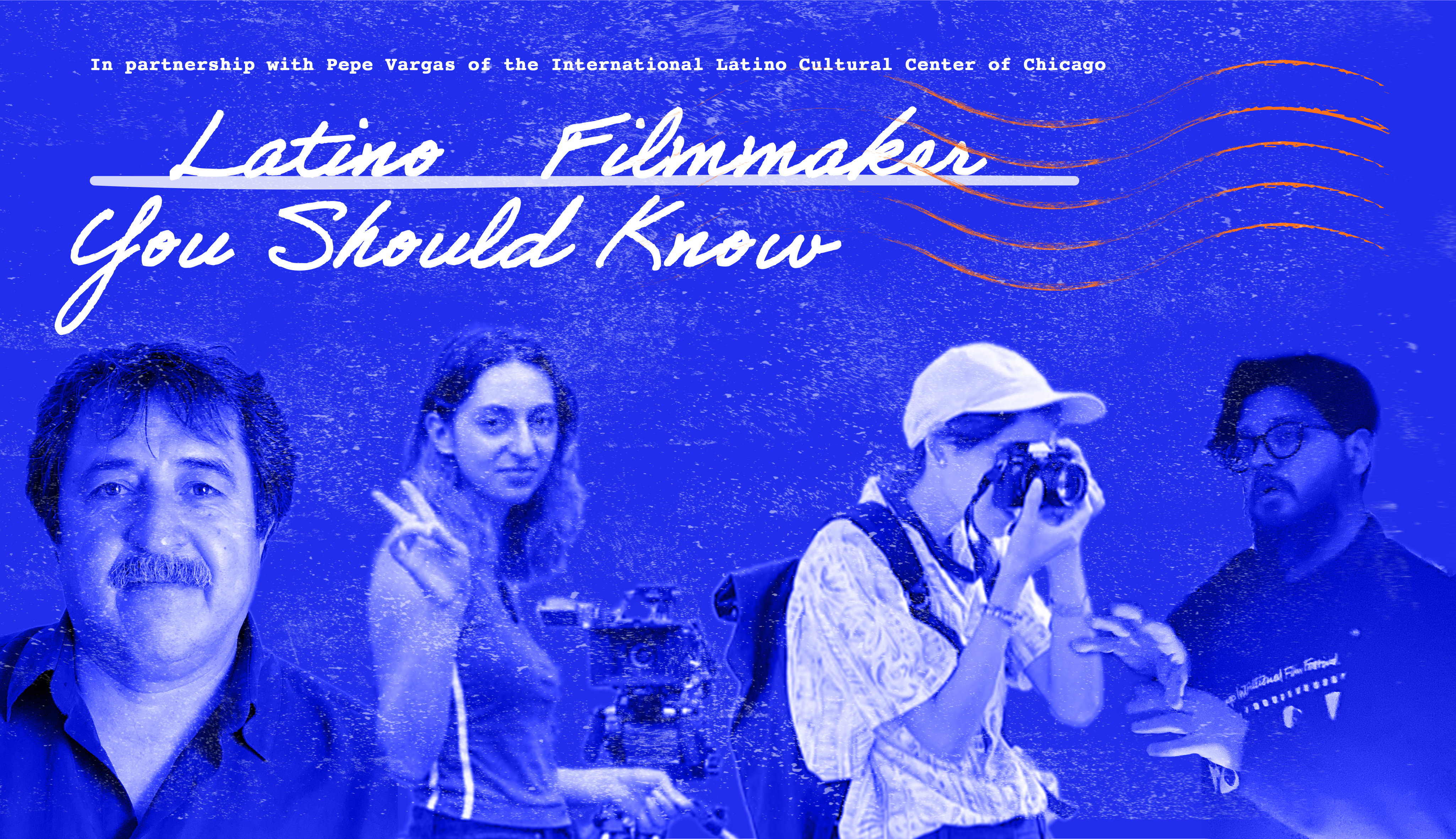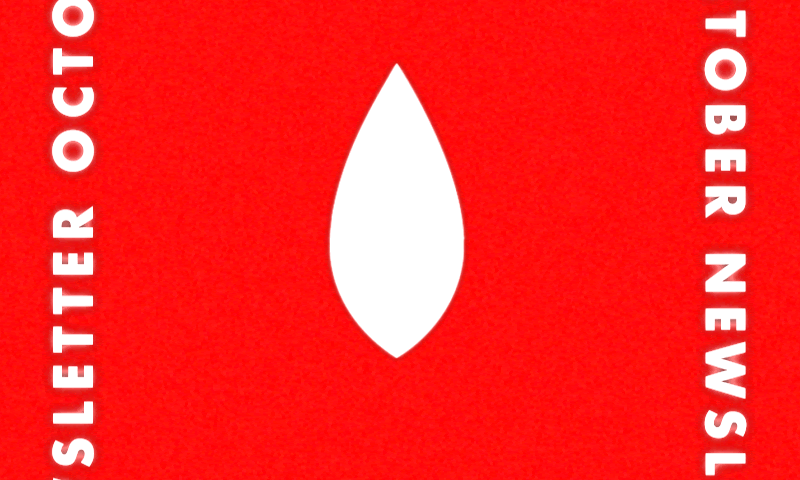About 1.4 million Latinos reside in the Metropolitan Chicago area, comprising 17.4 percent of area residents.
Of the vast and multi-cultural Latino population in Chicago, there exists a wide-ranging collection of voices. This Hispanic Heritage Month, we hope to continue to uplift and celebrate our Chicago Latino filmmakers and the diversity of the community.
Special thanks to Pepe Vargas, Founder and Executive Director of the International Latino Cultural Center of Chicago, for helping us with our search. [Learn more about Pepe & his work on our recent blog].
 |
Jody BailetA Chicana film producer, Jody Bailet has loved making films ever since Jody and her best friend started marking YouTube videos when they were 11. You might recognize her from producing Zero Mile Mark, Camera Ambassador’s 2021 Community Builders Grant Winner! Jody also enjoyed recently producing How to L0ve (Trailer Here), a web series premiering on OTV in November. That project was especially unique since the cast and crew that were all women, POC, and/or LGBT+. It was an incredibly inclusive and welcoming environment and left Jody with a newfound appreciation for tennis!
|
Raúl DorantesRaúl Dorantes is from Mexico and has lived in Chicago for almost thirty years. Since 2019, Raul’s written, directed, and produced one short and three features. Raúl wrote, directed, and produced plays in Spanish for about 15 years with Colectivo El Pozo. In 2018, he created Delia, the moment before, a short film. Then, Raúl made Cuaco, a feature about a Mexican immigrant's return to his homeland after living in Chicago for thirty years. The film was shot in Chicago, Texas, and his hometown Tequisquiapan, Mexico, and is about the dream immigrants have to one day return to their motherland. |
 |
 |
Juan C. Linares
Born and raised on the island of Puerto Rico, Juan C. Linares had initially wanted to be an actor. Slowly but surely, Juan then developed a love for the filmmaking process and the power film has as a visual medium. He realized it was a more powerful tool to tell stories and loves making movies that are, more than anything, character/actor-driven. Juan’s most recent short film is Warren?, a political satire that speaks to the Puerto Rican diaspora. Juan especially enjoys working on comedies that are darker in tone. |
Isabella Ostos-CampoIsabella Ostos-Campo is a Writer, Director, DP, and Editor, born and raised in Cali, Colombia. She studied Anthropology in college, before falling in love with film production and completing the Northwestern MFA Documentary Program. Isabella approaches her projects as tools for her to process her own personal journey, creating pieces that speak to her emotional truths. Her thesis film TRES CUARTOS Y UN TECHO was incredibly personal and spoke to generational trauma, abuse, the role of women in her family, as well as the act of healing. Isabella is currently working on tutifruti, a project that empowers, inspires, and connects women and LGBTQ+ skateboarders across the world. |
 |
(in no particular order)
THE INTERNATIONAL LATINO CULTURAL CENTER OF CHICAGO (ILCC) is a Pan-Latino, 501(c)(3) (EIN #36-3580462) nonprofit multidisciplinary arts organization dedicated to developing, promoting, and increasing awareness of Latino cultures among Latinos and other communities by presenting a wide variety of art forms including film, music, dance, visual arts, comedy, and theater. The ILCC, originally founded as Chicago Latino Cinema, attained not-for-profit status in 1987, at which time it fulfilled its mission of promoting Latino culture primarily through the annual Chicago Latino Film Festival.
MEZCLA MEDIA COLLECTIVE provides resources to ensure that women and non-binary filmmakers of color realize their full potential as storytellers and agents of change at a local level. Mezcla currently has three tiers of resources offered: hyper-local, knowledge transfer, and career advancement. By creating a local hub in Chicago, women of color can be provided with resources to enhance their craft by way of creating access to a network, workshops, and a centralized local community without having to look to coastal cities such as Los Angeles or New York City. Mezcla also seeks to level the playing field, ensuring that women and non-binary filmmakers of color are able to participate in their city’s bustling media production scene.



